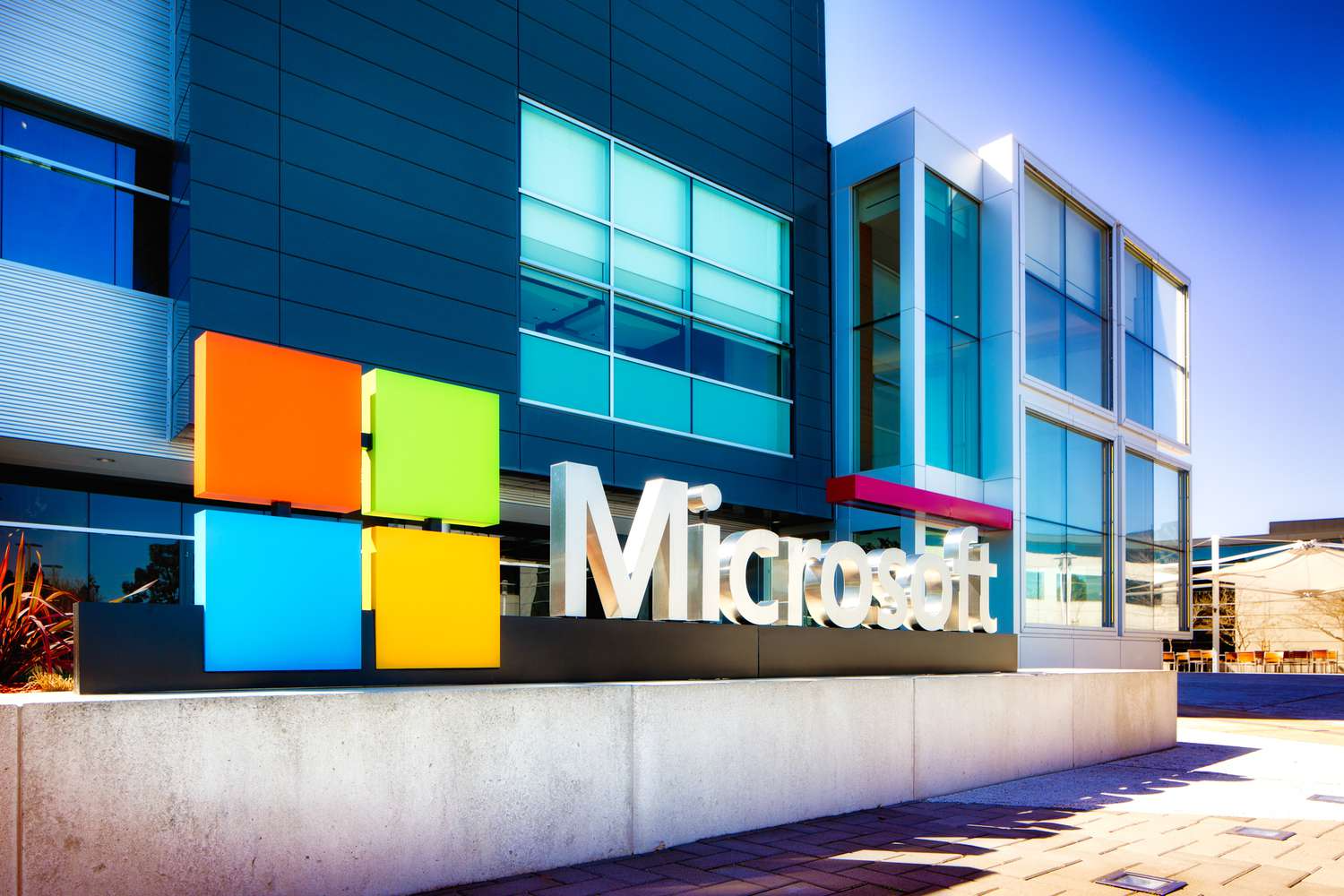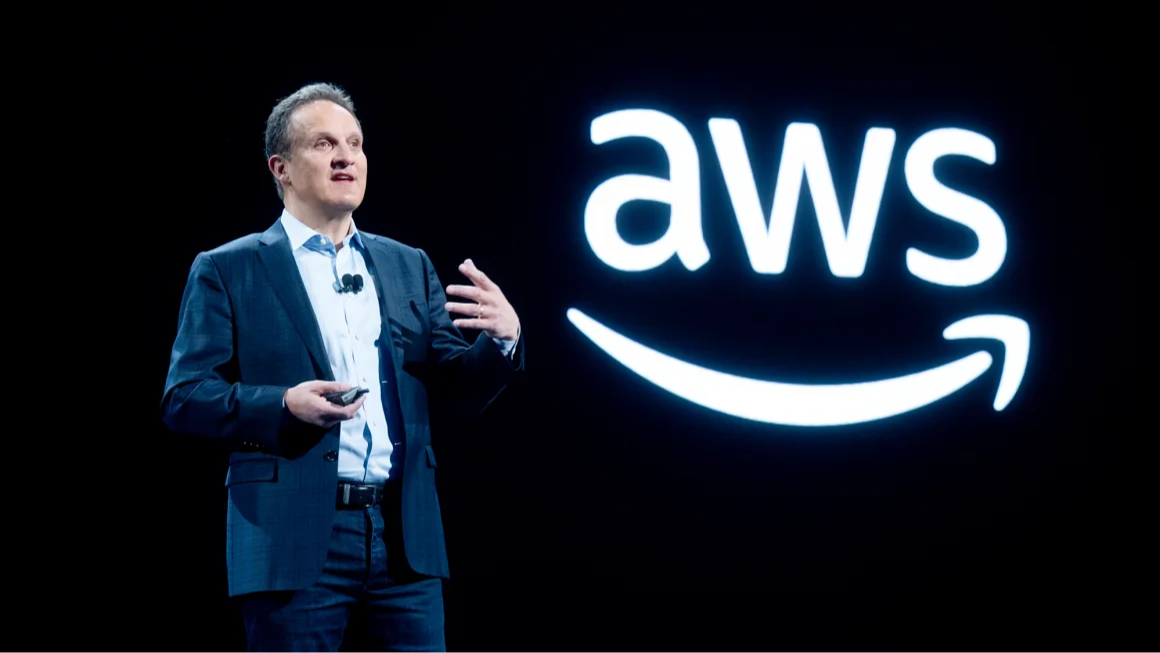Microsoft has decided to relinquish its observer seat on OpenAI's board, citing significant improvements in the AI start-up’s governance over the past eight months. The move comes as Microsoft reassesses its involvement in the company following regulatory scrutiny on both sides of the Atlantic.
Microsoft initially took a non-voting, observer position on OpenAI's board in November last year, shortly after OpenAI CEO Sam Altman resumed control of the company behind the generative AI chatbot ChatGPT. This role allowed Microsoft to attend board meetings and access confidential information, though it had no voting rights on decisions such as electing directors.
The observer seat, coupled with Microsoft’s substantial $10 billion investment in OpenAI, had raised concerns among antitrust regulators in Europe, the UK, and the US about the extent of Microsoft’s influence over OpenAI.
In a letter to OpenAI dated July 9, Microsoft stated, “Over the past eight months, we have witnessed significant progress by the newly formed board and are confident in the company’s direction. Given all of this, we no longer believe our limited role as an observer is necessary.”
While EU antitrust regulators recently concluded that the partnership does not fall under the bloc’s merger rules—since Microsoft does not control OpenAI—they will still seek third-party opinions on the exclusivity clauses in the agreement. Meanwhile, British and US regulators continue to express concerns and questions regarding Microsoft's influence and OpenAI’s independence.
Both companies are now focusing on competing in the AI market, aiming to sell technology to enterprise customers and demonstrate their independence to regulators. Microsoft is also expanding its AI offerings on the Azure platform and has appointed Inflection’s CEO to lead its consumer AI division, signaling a strategic move to diversify beyond OpenAI.



